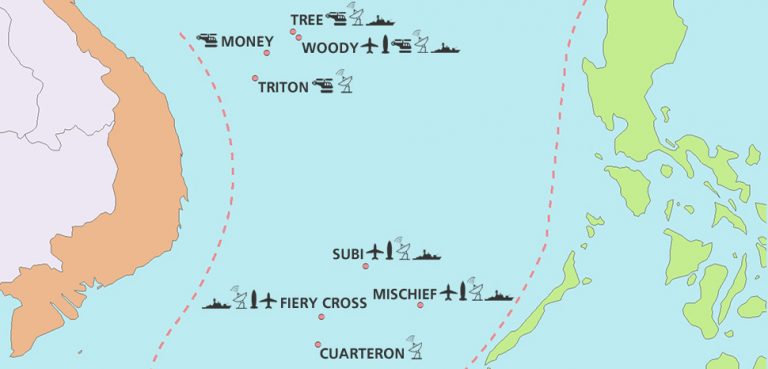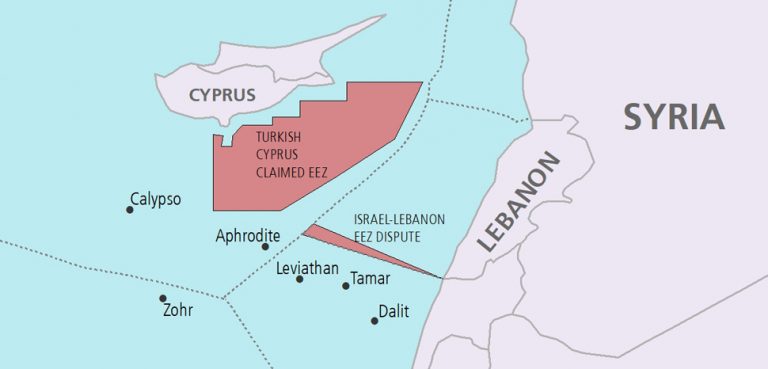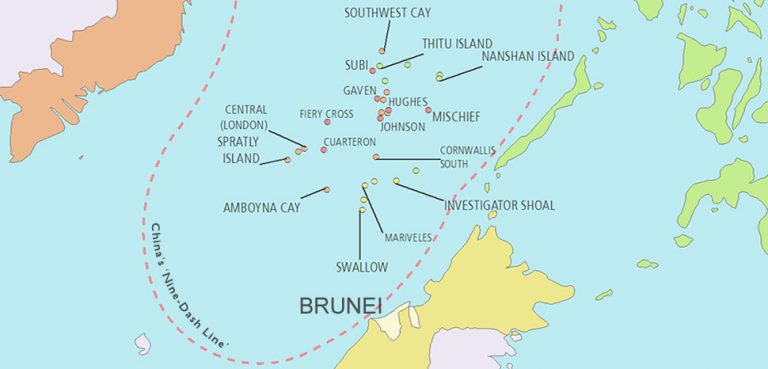
Summary
It’s widely accepted that the South China Sea is a geopolitical flashpoint that could inadvertently trigger a regional, even international conflict.
But how did it get to this point?
Broadly speaking the South China Sea dispute boils down to the question of how borders should be delineated in the absence of bilateral agreement between two countries. This discussion is given further impetus by the importance of the region. The South China Sea is as economically lucrative as it is geographically significant. There are hundreds of billions in mineral and energy wealth locked away under its waters, and the South China Sea is both a key global trade conduit and a gateway into China’s backyard. Given the economic and geopolitical stakes, it’s not surprising that the region has become a volatile frontier of global competition.
This series will examine the claimants in the South China Sea dispute: China, Taiwan, Vietnam, Malaysia, Brunei, Indonesia, and the Philippines. Now we move on to Vietnam, the country that has had one of the strongest historical claims and therefore has the most to lose from China asserting its control over the area.
Background
Like China, Vietnam claims the entirety of the Spratly and Paracel Islands in the South China Sea. Its claim relies on a combination of history, maps, administration, and economic use since the 15th century. The Vietnam claim also relies heavily on the actions of the French colonial government, which took various steps to secure the islets for its own economic benefit in the 20th century. These steps were often taken in accordance to the accepted norms of international law at the time, which in turn has given Vietnam’s claims additional weight in modern international jurisprudence. However, a strong legal claim is only useful if all parties are respecting the rules and norms that it rests on. China does not recognize them, as evidenced by both its actions in the South China Sea and its disdain for the one legal ruling that has been made on the South China Sea dispute by the Permanent Court of Arbitration at The Hague. And when it comes to the two countries’ ground-level military presence and naval capabilities, China has an obvious and decisive advantage over Vietnam when enforcing its claims in the South China Sea.



